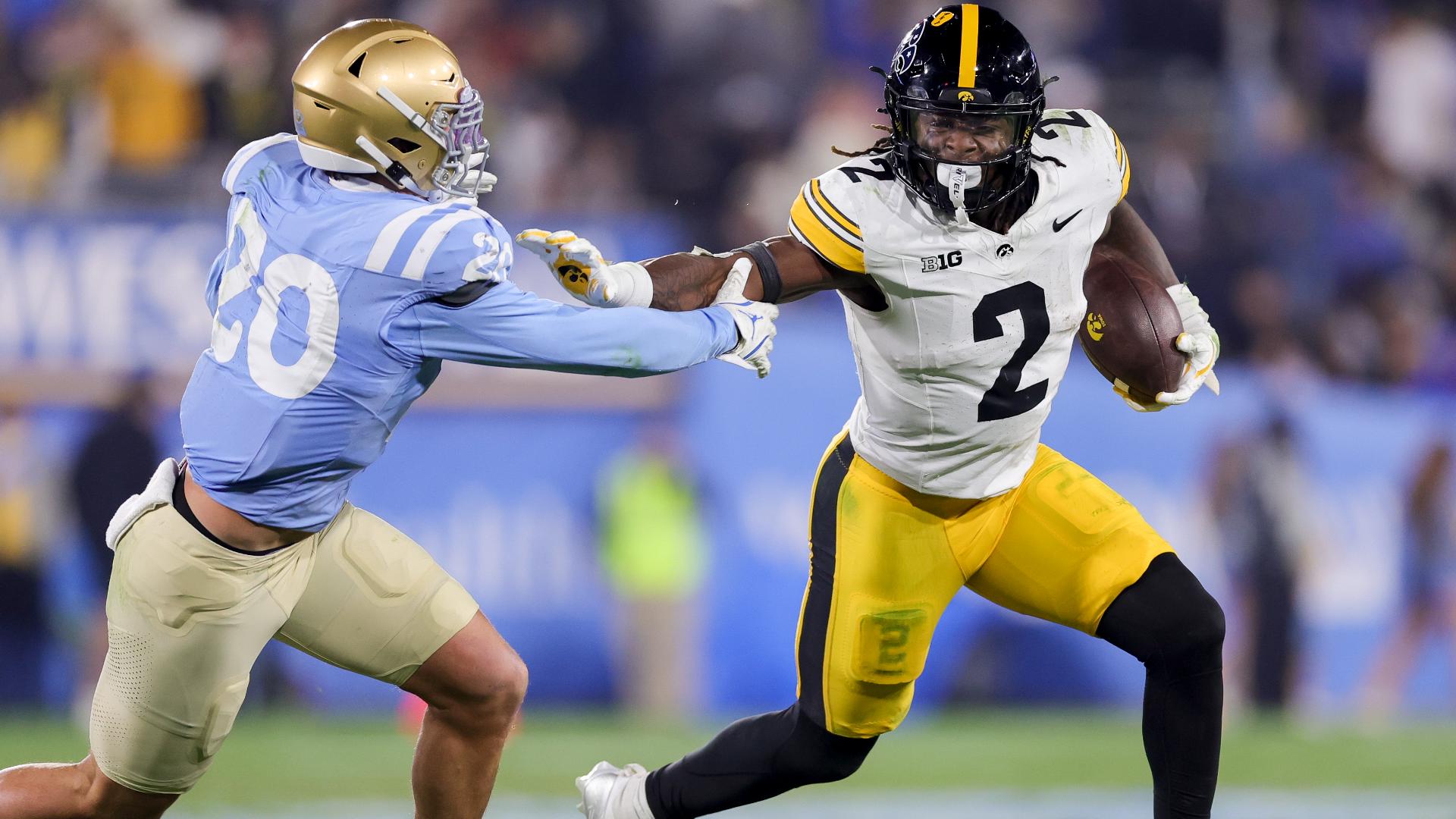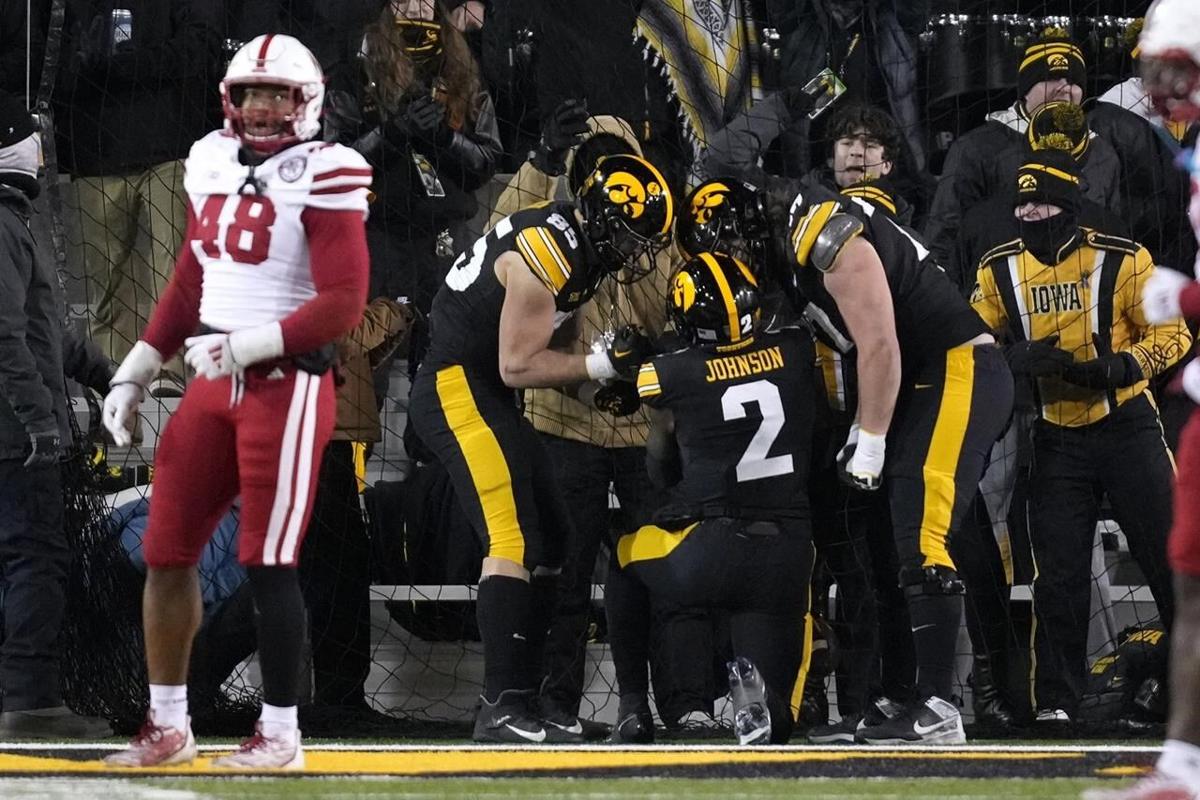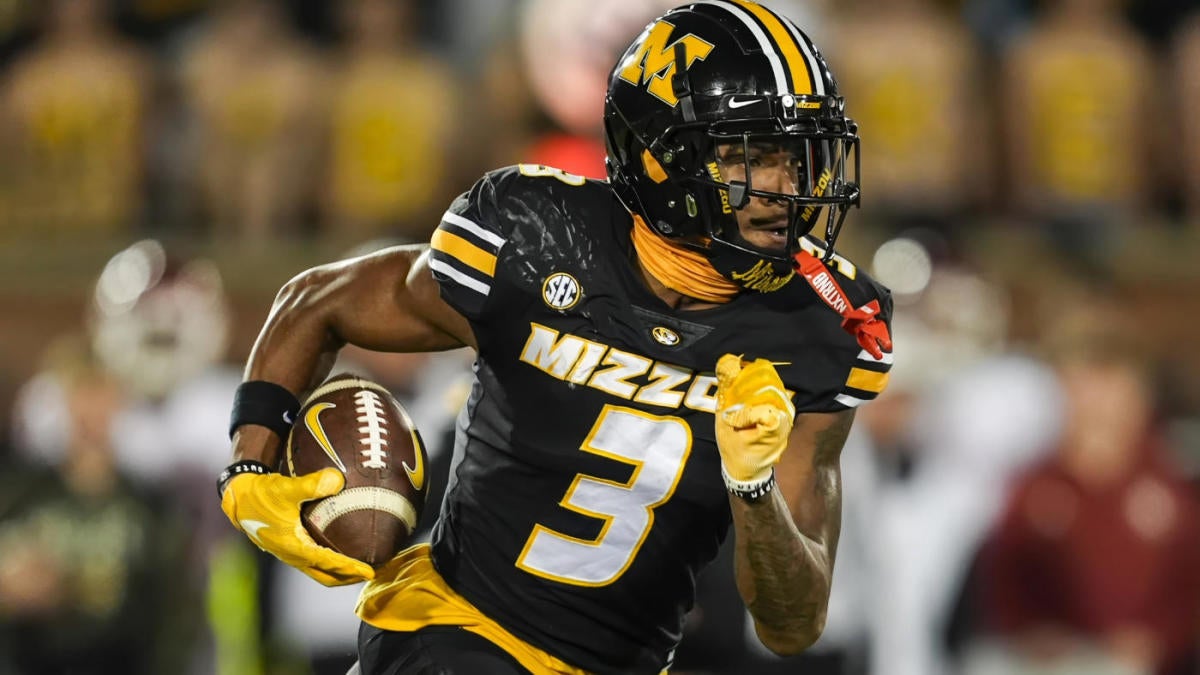Can you play in a bowl game if you declare for the NFL Draft? The answer is yes, players can still participate in bowl games after declaring for the draft. Many college athletes choose to play in these games to showcase their skills one last time before moving on to the professional level. However, it’s essential for players to weigh the risks, as injuries could impact their draft stock. Ultimately, the decision to play in a bowl game after declaring for the NFL Draft is a personal one, balancing the desire for one final college experience against the potential consequences for their future careers.
This includes playing in any remaining bowl games. The NCAA enforces this to maintain fairness and integrity. So, if a player declares for the NFL, they must sit out the bowl game. This can be a tough choice for many players. Balancing the dream of going pro with finishing their college season is not easy. Let’s dive deeper into why this rule exists and its impact on players and teams.

Eligibility Rules For Bowl Games
Every year, college football players face a big decision: declare for the NFL Draft or play in their team’s bowl game. Understanding the eligibility rules for bowl games is crucial for these athletes. This section will explore the regulations set by the NCAA and the impact of these decisions on players.
Ncaa Regulations
The NCAA has strict rules about player eligibility for bowl games. These rules ensure fair play and protect the integrity of college football. Here are some key points to understand:
- A player who declares for the NFL Draft can still play in a bowl game.
- The player must remain academically eligible to compete.
- The player must not sign with an agent before the bowl game.
These conditions help keep the focus on the sport and the student-athlete’s commitment to their team.
Impact On Players
Declaring for the NFL Draft can have significant impacts on players. It affects their eligibility and future career prospects.
Consider these factors:
Injury Risk: Playing in a bowl game can increase the risk of injury.
Team Loyalty: Many players feel a strong sense of loyalty to their team.
Draft Stock: A good performance in a bowl game can improve a player’s draft position.
Players must weigh these considerations carefully. Their decision impacts both their college and professional careers.
| Factor | Consideration |
|---|---|
| Injury Risk | High risk can affect NFL Draft prospects. |
| Team Loyalty | Strong loyalty can influence decision to play. |
| Draft Stock | Good performance may boost draft position. |
Understanding these eligibility rules and their impacts helps players make informed decisions. Each player’s situation is unique and requires careful thought.

Declaring For The Nfl Draft
Many college football players dream of playing in the NFL. Declaring for the NFL Draft is the first step in making this dream a reality. The process can be complex. Players must navigate several rules and deadlines.
Process Overview
The NFL Draft is an annual event. College players must declare their intent to enter the draft. This involves submitting paperwork to the NFL. The league then reviews the player’s eligibility.
Players often consult with their coaches and family. They weigh their options before making a decision. Once declared, players cannot return to college football. This decision is final.
Key Deadlines
There are important dates players must keep in mind. Missing a deadline can impact their draft eligibility. Here are some key deadlines:
| Event | Date |
|---|---|
| Declaration Deadline | Mid-January |
| Combine Invitation | Late January |
| Combine Participation | Late February |
Declaration Deadline: Players must declare by mid-January. This is a strict deadline. Missing it means waiting another year.
Combine Invitation: Players receive invitations in late January. The Combine is a key event. It can make or break a player’s draft prospects.
Combine Participation: The Combine takes place in late February. Players showcase their skills. Scouts and coaches attend to evaluate talent.
Understanding these deadlines is crucial. They are part of the path to the NFL. Missing one can end a player’s chances for that year.
Conflict Between Bowl Games And Nfl Draft
The conflict between bowl games and the NFL Draft creates a challenging decision for college football players. Both events hold significant importance in a player’s career. This often leads to tough choices that could impact their future in the sport.
Timing Issues
Timing is a major issue in the conflict between bowl games and the NFL Draft. Bowl games typically take place in December and early January. During this period, players also need to prepare for the NFL Draft, which starts in April.
The preparation for the draft includes training, attending the NFL Combine, and participating in Pro Days. These events often overlap with bowl game schedules. This clash can force players to choose between playing in a bowl game or focusing on their draft preparation.
Player Commitments
Player commitments also play a crucial role in this conflict. When a player declares for the NFL Draft, they commit to a rigorous training and evaluation process. This process demands their full attention and dedication.
On the other hand, committing to a bowl game means they need to stay engaged with their college team. This involves practicing with the team and staying in top physical condition for the game. Balancing both commitments is extremely challenging.
Additionally, playing in a bowl game carries the risk of injury. An injury could significantly impact a player’s draft stock. Therefore, many players opt to skip bowl games to reduce this risk and focus on their future in the NFL.
Impact On College Teams
Declaring for the NFL Draft can have a significant impact on college teams. Players who choose to enter the draft may still want to participate in bowl games. This decision can affect various aspects of the team, from dynamics to coaching strategies.
Team Dynamics
When a star player declares for the NFL Draft, it can alter team dynamics. Teammates may have mixed feelings. Some may feel proud of their colleague’s success, while others might feel abandoned.
Communication is key. Coaches and players must discuss the situation openly. This helps maintain team morale and focus.
Players declaring for the draft also affect the team’s performance. The team might lose a key player for the bowl game. This can change the outcome of the game.
Coaching Decisions
Coaches face tough decisions when a player declares for the draft. They must decide whether to play the star player in the bowl game or not. This choice depends on several factors.
Player’s health: Is the player fit enough to play?
Team strategy: Will the player’s participation benefit the team?
Future prospects: How will this affect the player’s NFL chances?
Coaches must also consider the impact on other players. Giving younger players a chance to shine in the bowl game can be a valuable experience.
Balancing these factors is crucial. Coaches need to make the best decision for both the team and the player.
Benefits Of Playing In A Bowl Game
Playing in a bowl game offers several advantages for college football players who have declared for the NFL draft. While some may worry about the risk of injury, the benefits often outweigh the risks. Participating in a bowl game can increase a player’s visibility and provide an opportunity to showcase their skills on a larger stage.
Exposure
Bowl games attract a lot of attention from fans and scouts. This increased visibility can boost a player’s draft stock. Scouts and coaches watch these games to see how players perform under pressure. Playing well in a high-profile bowl game can leave a lasting impression. This exposure can also lead to more media coverage and interviews, further increasing a player’s profile.
Skill Showcase
A bowl game allows players to demonstrate their abilities against top competition. This is a chance to show improvement and versatility. Players can highlight their strengths and address any perceived weaknesses. Scouts look for consistency and the ability to perform in big games. Excelling in a bowl game can help a player stand out in a crowded field.
Risks Of Playing In A Bowl Game
Playing in a bowl game is a dream for many college football players. Yet, it comes with risks, especially if you have declared for the NFL Draft. The decision to play can impact your future career. Below, we discuss the key risks involved.
Injury Concerns
One of the biggest risks is getting injured. Injuries can range from minor to career-ending. For a player with NFL dreams, even a minor injury can hurt their chances.
Injury types include:
- Sprains
- Fractures
- Concussions
These injuries can delay your training. They may also lead to missing the NFL Combine. Teams may pass on you for healthier players. The path to recovery can be long, affecting your physical and mental health.
Draft Stock
Your draft stock is your perceived value to NFL teams. A poor performance in a bowl game can lower your stock. Scouts and coaches watch these games closely. They look for standout players. A single bad game can change their view of you.
Factors affecting draft stock include:
| Performance | Consistency | Injury History |
|---|---|---|
| Game stats | Past seasons | Medical reports |
| Skills displayed | Practice habits | Recovery time |
Maintaining a high draft stock is crucial. It determines your career start. It affects your contract and salary. Make an informed choice about playing in a bowl game. Your future in the NFL may depend on it.
Case Studies Of Players
Playing in a bowl game after declaring for the NFL Draft is a significant decision. Some players choose to participate while others sit out. This choice can impact their career in various ways. Let’s explore some real-life examples through case studies of players.
Success Stories
Some players have thrived by playing in bowl games after declaring for the draft. Their performances boosted their draft stock and showcased their abilities under pressure.
| Player Name | Bowl Game | Outcome |
|---|---|---|
| Christian McCaffrey | Rose Bowl | Impressive performance, increased draft value |
| Leonard Fournette | Citrus Bowl | Showcased skills, improved draft positioning |
Christian McCaffrey played in the Rose Bowl and delivered an outstanding performance. His skills and versatility were on full display. This game solidified his position as a top draft pick.
Leonard Fournette participated in the Citrus Bowl. His strong performance highlighted his physicality and talent. Scouts took notice, and his draft stock soared.
Cautionary Tales
Some players faced setbacks after choosing to play in bowl games. These cautionary tales highlight the risks involved.
- Jaylon Smith: Played in the Fiesta Bowl, suffered a severe knee injury. His draft stock plummeted.
- Jake Butt: Participated in the Orange Bowl, tore his ACL. This injury impacted his draft position and early career.
Jaylon Smith was a top prospect, but his knee injury during the Fiesta Bowl was devastating. His draft stock fell dramatically. Though he recovered, it took years to regain his form.
Jake Butt had a similar fate. His ACL tear in the Orange Bowl affected his draft prospects and early career. This injury delayed his progress and impacted his performance.
These case studies highlight both the rewards and risks of playing in bowl games post-declaration. Each player’s experience is unique.
Advice For Prospective Nfl Players
Declaring for the NFL Draft is a big decision. If you declare, you may wonder if you can still play in a bowl game. Here is some advice to help you navigate this important time.
Consulting Agents
Before making any decisions, consult with agents. Agents have experience and can provide valuable insights. They can guide you on the best steps to take.
Here are some key points to discuss with your agent:
- Draft projections
- Potential earnings
- Impact on college eligibility
Agents can also help with understanding the NCAA rules. These rules can be complex. An agent’s advice can prevent any missteps.
Making The Best Decision
Deciding whether to play in a bowl game after declaring for the NFL Draft is tough. Consider the risks and rewards. Playing in a bowl game can increase your visibility. It can also pose a risk of injury.
Here are some factors to consider:
| Factor | Details |
|---|---|
| Team Loyalty | Playing shows commitment to your team. |
| Health Risks | Injury could affect your draft status. |
| Draft Stock | Strong performance can boost draft stock. |
Weigh these factors carefully. Talk with your coach and family. Their support and insights can be invaluable.
Remember, this is a personal decision. Choose what aligns with your goals and values.

Frequently Asked Questions
Can Nfl Draft Declarees Play In Bowl Games?
Yes, players who declare for the NFL draft can play in bowl games. However, it’s their choice whether to participate or not.
What Happens If You Skip A Bowl Game?
Skipping a bowl game has no impact on NFL draft status. Players often skip to avoid injury risks.
Are Players Penalized For Skipping Bowl Games?
No, players are not penalized for skipping bowl games. It is a personal decision based on their future career.
How Do Bowl Games Impact Nfl Draft Prospects?
Bowl games can showcase a player’s skills. Strong performances may improve their draft stock, while poor performances might not affect significantly.
Conclusion
Declaring for the NFL draft doesn’t exclude you from bowl games. Each case varies. Players should consult with coaches and advisors. It’s crucial to weigh risks and rewards. Some may choose to play, others may not. Protecting future careers often takes priority.
Always stay informed about eligibility rules. Your decision impacts both college and professional futures. Be sure to make a well-informed choice.


